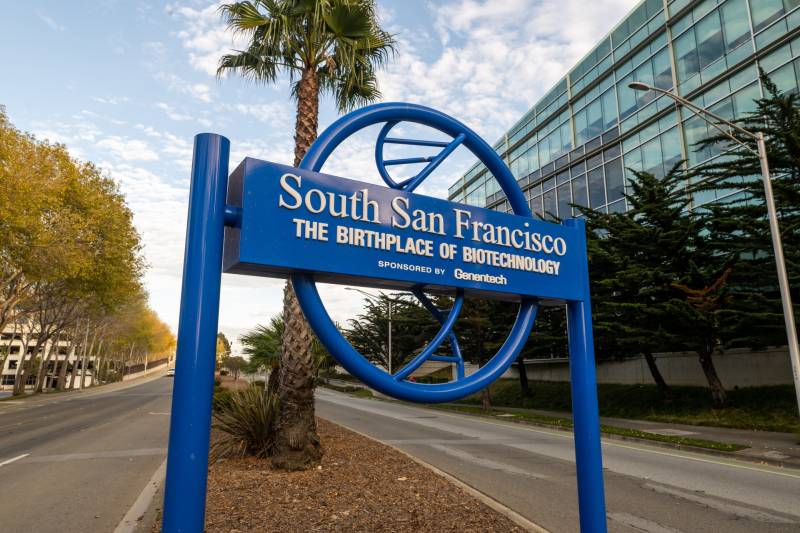Peter Reinhardt, CEO of Charm Industrial, a carbon-removal company, said his company had millions of dollars in cash deposits at SVB, in addition to checking, savings and other accounts.
Reinhardt noted that although most SVB clients with remaining deposits in the bank were essentially “made whole by the FDIC,” it’s still unclear how SVB plans to address companies with large lines of debt offered by the bank in an effort to help start-ups build their assets.
“I think there’s some concern that it could have a ripple effect for any companies that are really reliant on these more complicated products than just deposits,” Reinhardt said. “I do think it’s probably more likely to affect hardware and climate-tech companies than software companies.”
He added that about 60% of community solar projects across the U.S. banked with SVB, and it remains unclear how those projects will be affected.
For Ryan Panchadsaram, an advisor at Kleiner Perkins, a major Silicon Valley venture capital fund that invests in climate-tech companies, SVB’s collapse means existing banks will have to fill the void when it comes to funding early stage companies that have unique ideas.
“Will [banks] help finance them? How do you give them a bit of venture debt to do the risky thing?” he said. “I think that’s what we’re all going to have to see together.”
